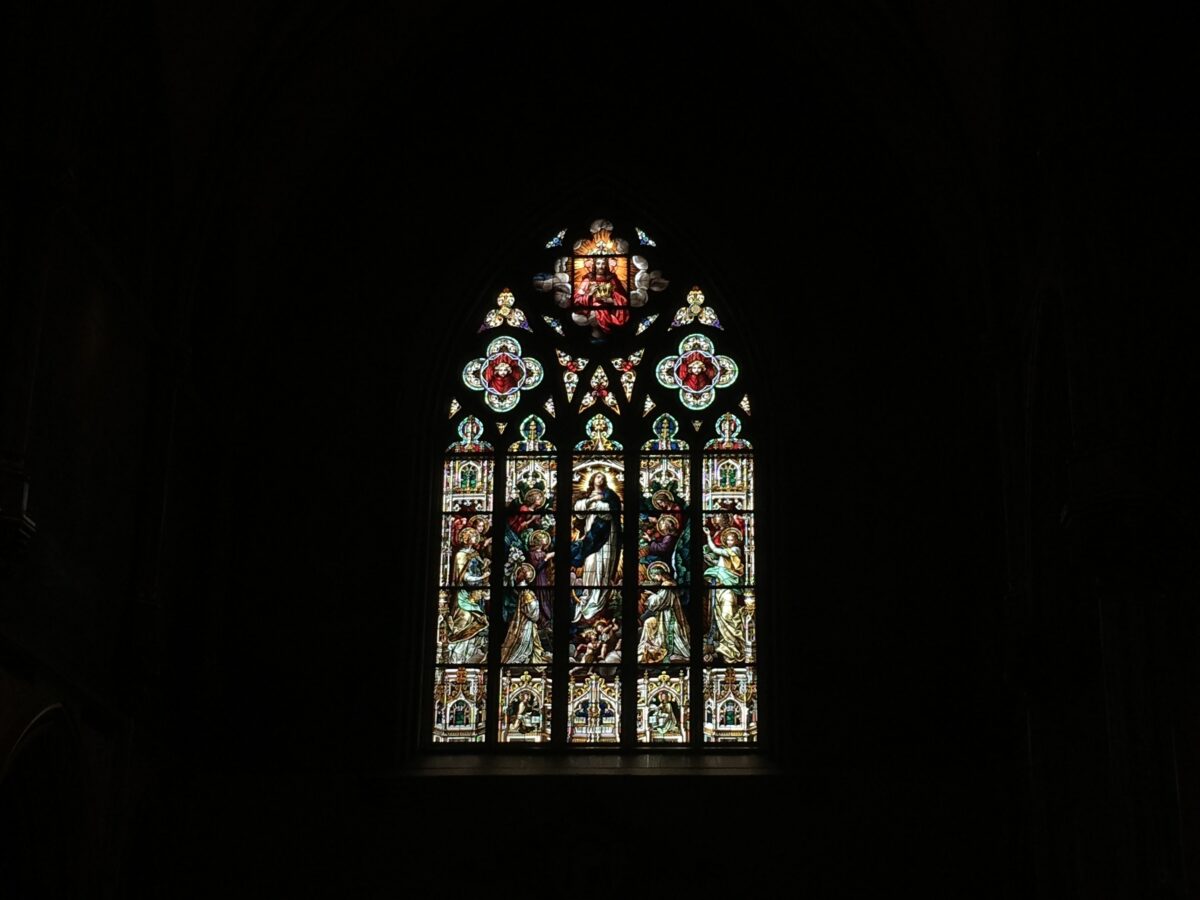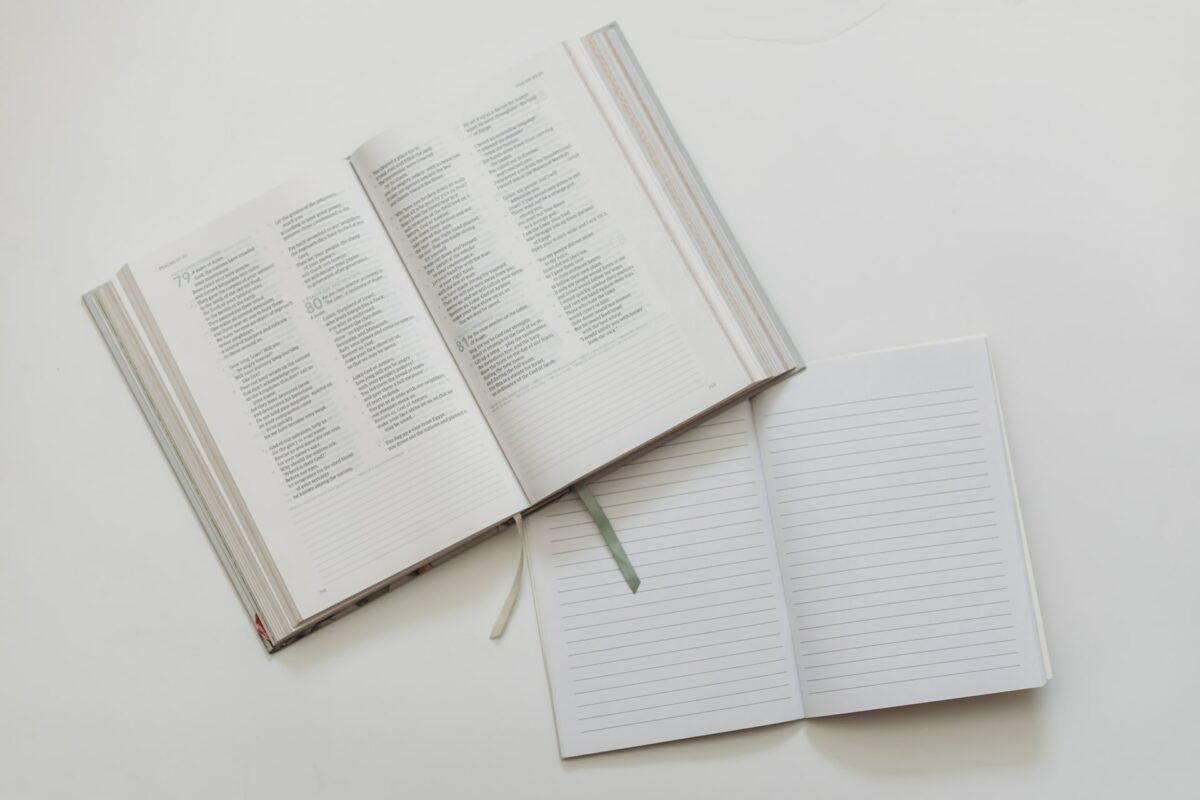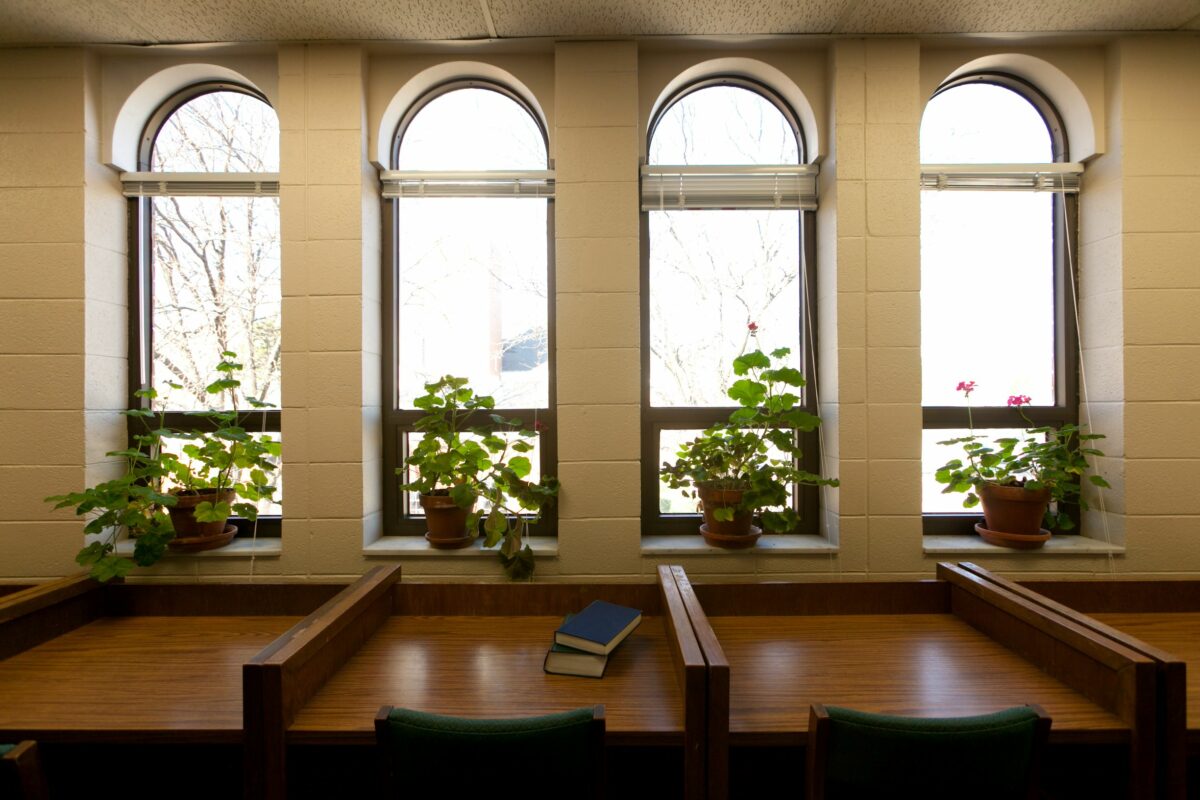In my three years as a Blog Editor with the Writing Center, I’ve collaborated with writers on a variety of article genres: opinion-based pieces, reflections, book reviews, interviews, how-to guides, and more. And, as a seasoned editor of blog posts, I’ve seen just how complex this style of writing can be.
Category: Research
If you have ever been in a literature or writing class at Wheaton, you may have heard the term “creative nonfiction” thrown around by one of your professors or classmates. Perhaps you have encountered the phrase in Kodon or The Pub and are interested in knowing more about what this genre is. Or you are unfamiliar with the term, you may even find it paradoxical. You are not alone in this either.
If you’ve ever taken a literature class at Wheaton, chances are you’ve been asked to interpret a novel or a poem through a religious lens. Or maybe you’re in a BITH class and your professor has assigned you a non-theological text to analyze in light of your theological studies, perhaps a work of fiction. If you’ve never written something in the genre of Religion and Literature Studies, it can be confusing to understand what to write about, especially because this discipline has some similarities and differences with other genres.
In this post, I’ll break down what writing in Religion and Literature Studies looks like. What does a literary analysis look like when it considers a religious focus? And how does this genre differ from others?
How do I write about the music I hear at a concert?
Most undergraduate students will face this question at some point during their time at Wheaton, as Introduction to Music professors ask their students to submit written concert reviews.
This post was co-authored by Collin Kavanaugh, Abby Long, and Monica Colón.
A common misconception about writing in a Christian academic setting (such as Wheaton) is that you’re expected to reference the Bible in all of your writing assignments. While it’s effective to incorporate in some genres of writing, scripture isn’t appropriate evidence for every scholarly writing occasion.
Although the world is in the grip of a pandemic, college students are still writing research-intensive papers. For Wheaton College, this means altering library systems and practices to keep our neighbors and ourselves safe while we research.





